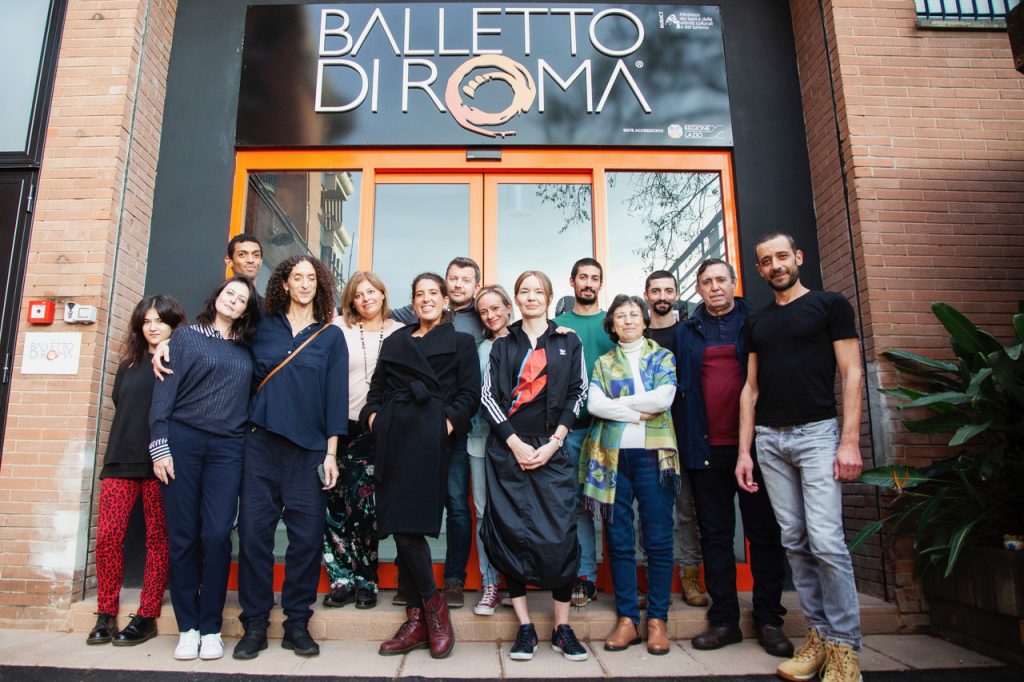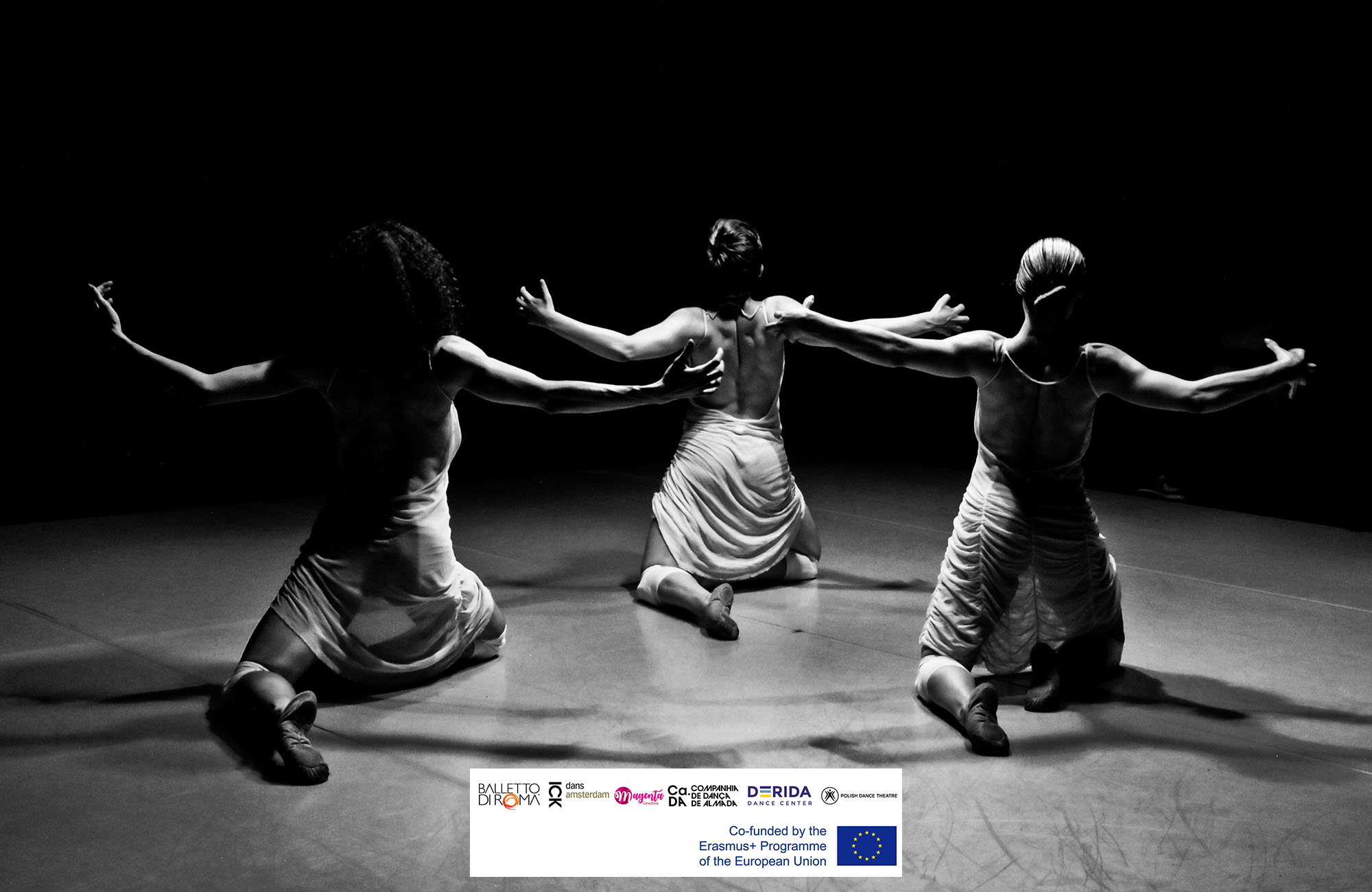
Final Conference
NOVEMBER 29th, 15 pm CET, on Zoom platform (details below) The “UP2DANCE Updating professional...

The UP2DANCE project continued with the realization of the round tables in Italy, Poland, and Bulgaria.
On October 23rd, Polish Dance Theatre held a roundtable discussion on the topic “Professional development of a dancer in the context of the educational and institutional offer in Polland”.
The agenda and goals of the meeting were:
A Dancer is best described in the European Qualification Framework among all profiles related to the dance field. In Poland, it has strong roots in ballet schools but how a dancer profile is perceived is changing. Professional development after ending stage career for dancers is a very big challenge. Is the educational system in Poland offering as much as dancers need? What if there are gaps in the educational and institutional environment?
Among guests were representatives of the Music and Dance Institute responsible for the Dance Professionals Transition Program and dancers from the Polish Dance Theatre. Participants have discussed gaps in the dance education program in Poland especially in relation to the physical and psychological aspects of dancer development and the importance of proper training of young artists in dance schools.
Balletto di Roma held their first round table, combining two of the professional roles considered in the project, on October 27th via Zoom on the topic “Round table discourse on the roles of dancer and dance teacher. State of the art in Italy”.
The stakeholders involved were Emanuelle Burrafato (BDR teacher), Letizia Piccione (BDR teacher), Valerio Longo (BDR choreographer and deputy director), Valeria Diana (Academia Nazionale Danza), Adriana Borriello (International master, predagouge), Christophe and Jonathan (Directors of Sine Qua Non-Art).
The round table included a discussion on each profile in terms of the definition of the role and skills it must have, bodies entitled to issue the official certificate of the role (recognition of professional qualifications), EQF validation (knowledge, skills, and abilities), identification of needs and skills not covered by the official training system and the gaps to be filled, possible recommendations and new methods to address the discrepancies between qualifications frameworks and contemporary professional figures, and ended with conclusions and agreement on the main results achieved.
It was facilitated by Francesa Magnini (Artistic Director of Balletto di Roma) and the guest facilitator Stefano Cascino (Regione Lazio, Programming Area Of The Training And Orientation Offer. Direction Of Education, Training, Research And Work
The target group of the round table consisted of professionals in the sector, renowned artists, and researchers in the field to make the discourse more articulated through the dialogue between multiple expressions of the art of dance and points of view coming from personal experiences.
On November 4th, Balletto di Roma held their final round table, combining the profiles of choreographer and rehearsal director in “Round table discourse on the roles of choreographer and rehearsal director. State of the art in Italy”.
Upcoming round tables are those to be held online by Derida Dance Center on the 21st and 22nd of December. The topic of discussion would be the professional profiles of Choreographer, Artistic Director, Dancer, and Dance Teacher.
The UP2DANCE project was associated partner in the realization of the „CLASH! International Festival. The Hybrid in Dance Models, between Classic and Contemporary. Six events dedicated to dance were broadcasted every day on the official website http://clashproject.eu/festival/ and on Facebook/Vimeo sharing the roundtables and the screendance performances produced by the partners involved in the project „Clash! When Classic and Contemporary Dance Collide and New Forms Emerge“, co-funded by Creative Europe Programme of the European Union.
The topics that the festival comprised were:
For more information about the “Clash! When classic and contemporary dance collide and new forms emerge” project, please visit:
www.clashproject.eu or the official Facebook page of the project: https://www.facebook.com/clashprojecteu
The UP2DANCE project – a collaboration between Balletto di Roma (Italy), Derida Dance Center (Bulgaria), Magenta Consultoria (Spain), Polish Dance Theatre (Poland), ICK (Netherlands), and Companhia de Dança de Almada (Portugal), with the support of Erasmus+ Programme of the European Union, will carry on with implementing the round tables in all partner organizations, as well as with creating a public report on the results of the discussions made.
For more information and updates, follow the @up2danceproject Facebook page, which was launched at the beginning of July.
Photograph: Alwin Poiana